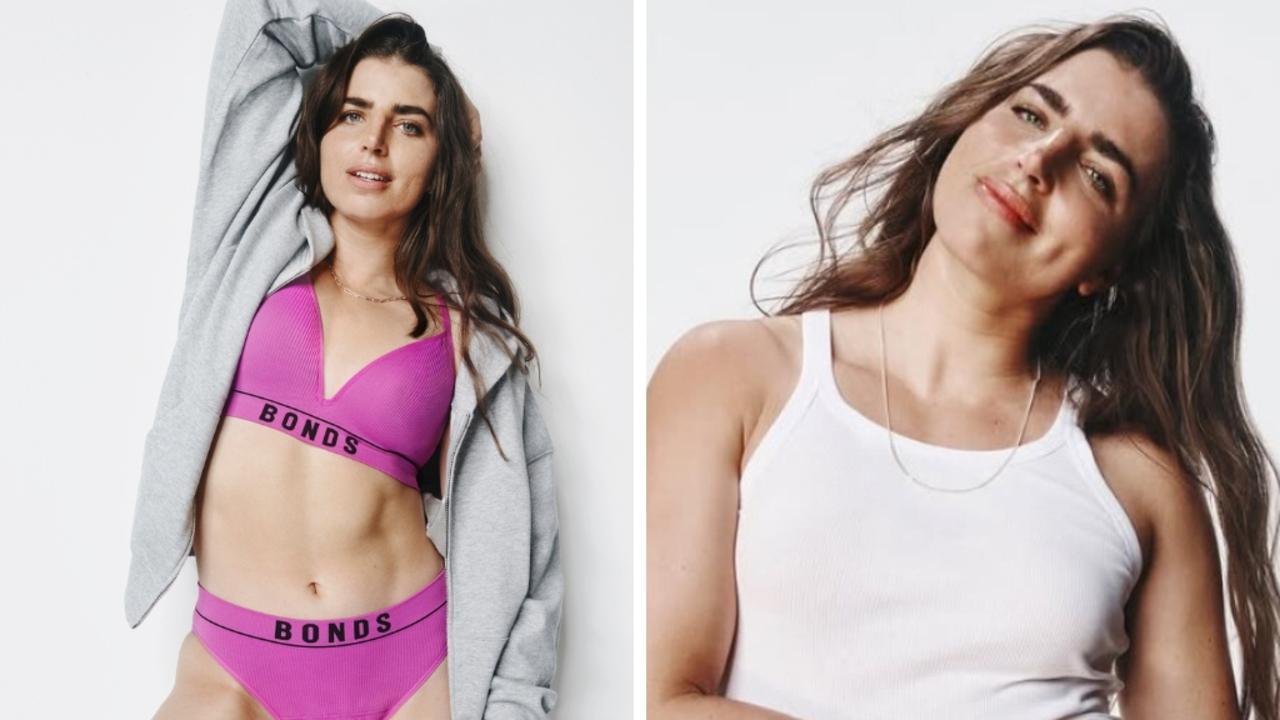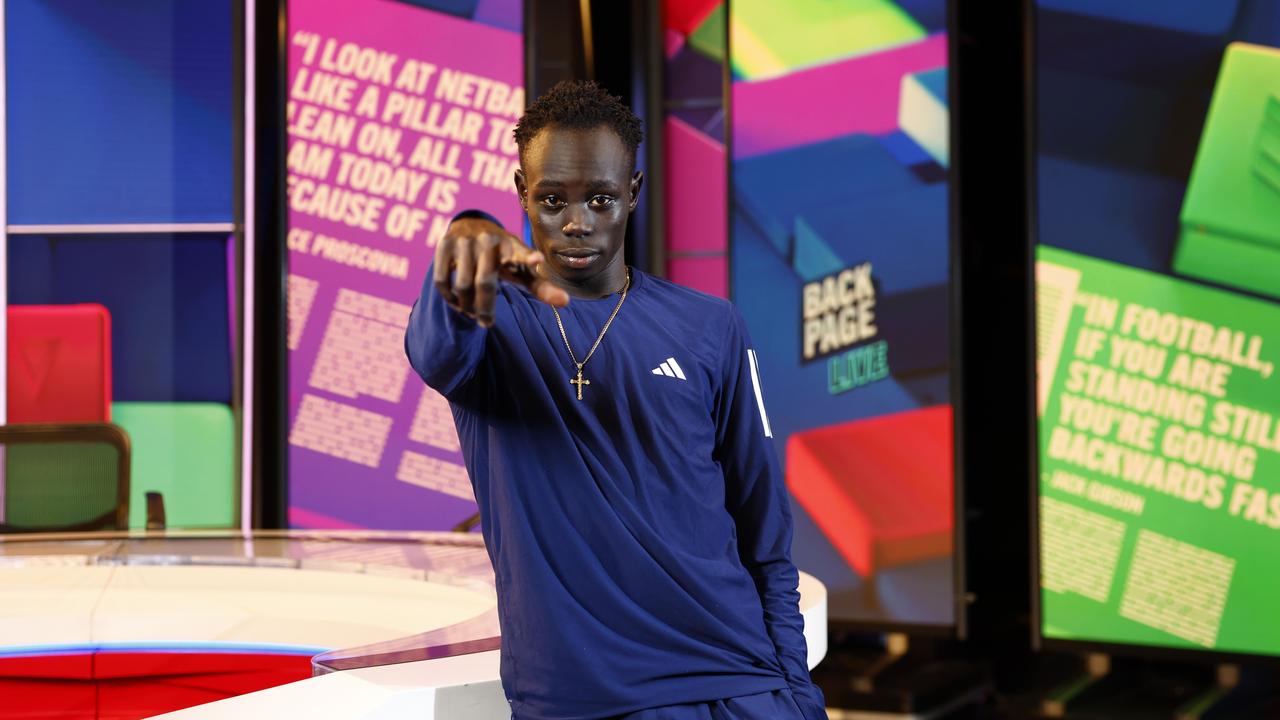Indigenous Sport Month: Why poor Indigenous representation in the Wallabies won’t cut it with Dylan Pietsch
Olympics-bound Indigenous sevens star Dylan Pietsch has fought a silent battle for years to overcome an identity problem. Now he’s poised to celebrate his heritage on the world’s biggest stage.
Aus Team News
Don't miss out on the headlines from Aus Team News. Followed categories will be added to My News.
Dylan Pietsch could very well be the 15th Indigenous Wallaby when he switches to the XV-person game next year.
But the 23-year-old Olympic-bound Australian sevens star was almost just another number.
Five years ago, Pietsch would walk from Eastlakes to Eastgardens in the middle of the Sydney night, walking alone with his own troubled thoughts for months.
An Indigenous Australian, the powerful winger, who can run 10 metres per second, was on the brink of ending his life less than two years after joining the national squad.
“I had this routine,” Pietsch says.
“I’d look in the mirror and cry.
“I’d go to bed, not sleep, I’d get up at 1am and go walk from Eastlakes to Eastgardens — it’s like a 15-minute drive.
“There was a bridge and I always contemplated it. I’d get back at five, get up at six and go to training and it was my routine for months.
Kayo is throwing open the doors to an epic amount of free live sport & shows on Kayo Freebies this June. No Credit Card. No-brainer. Register Free Now >
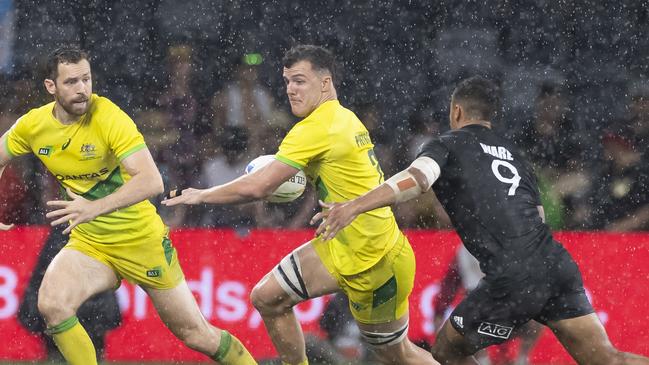
“I tried to take my own life in 2018.”
Pietsch fought a silent battle.
Barely an adult, Pietsch struggled with the brutal realities of professional sport.
“It all spiralled,” he says.
A conversation with his father, Troy, a member of the Wiradjuri people, saved him.
“That night I attempted suicide, he said you could have done this, you could have done that, and he was rattling off all these things and I thought this was more normal than I first thought,” Pietsch recalls.
“He used to have a similar routine, which was crazy to think about. He said, your uncle went through it.
“Without my dad I wouldn’t be here.
“I know he’s proud of me, but he’s the main reason I do what I do.
“I have a reason why I play rugby and he’s definitely a big reason why.
“My reason is for the people that didn’t make a future for the people who can.”
Pietsch has always struggled with his identity.
There are two Indigenous players in the Australian men’s rugby sevens team that are set to represent their country at next month’s Tokyo Olympics.
One is the face of the Australian team: Maurice Longbottom.
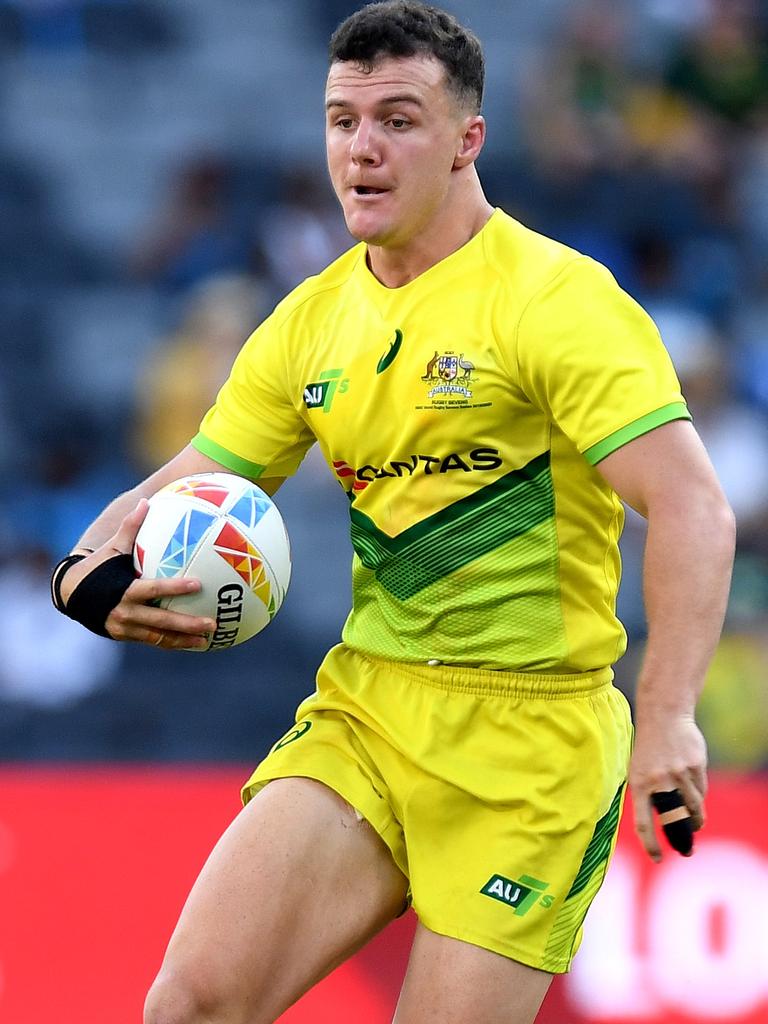
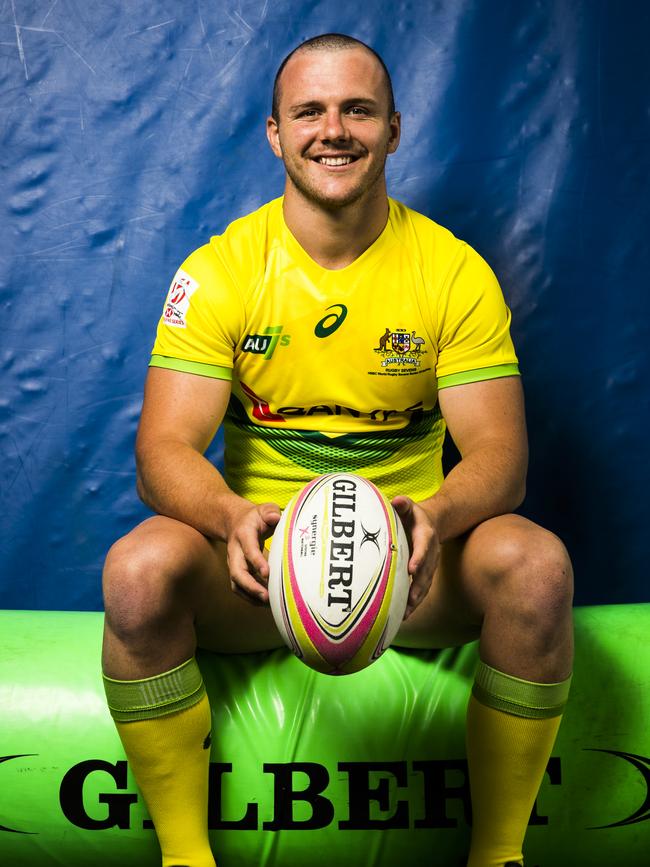
Watching Longbottom is like witnessing a magician at work. One moment he is there, the next he is away.
His eclectic pace has dazzled defenders across the world and he heads to Tokyo as one of the most recognised sevens players on the planet.
Yet, unlike Pietsch, Longbottom is black.
It’s something that has haunted Pietsch’s identity throughout his life.
“It’s awesome for ‘Moz’ that he gets to express his culture but it’s frustrating for me because it’s like I have to prove my Indigenous heritage,” Pietsch says.
“I’ve experienced so much bullying and racism at school because kids just did not know. They would say, ‘You’re not Aboriginal because you’re not black’.
“When people do say that to me, I’m pretty forward. I am Aboriginal.
“You sometimes get that from your own mob. But I am, that’s my identity and I am Indigenous.”
Pietsch hails from Leeton — 125km northwest of Wagga Wagga.
In year eight, Pietsch won a scholarship to attend The King’s School.
He says he was a part of the “assimilation” that has taken place across Australia.
“I was an Indigenous man that went to a private school where they did not do one NAIDOC week, one reconciliation week, nothing of the sort, so I got disconnected from the culture which is what assimilation wanted to do,” he says.
“I’m 23. It’s not like I’m 60. That policy still affects me.
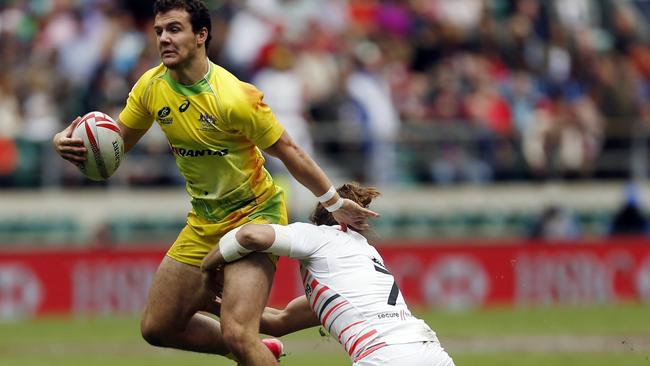
“It’s a big thing on my mind and I want to educate kids and give them a platform.”
Pietsch is a part of the sporting stars who want to make a difference in the world.
Without his teammates knowing, he would visit the Ronald McDonald House three times a week to try and brighten up peoples’ lives and clean when necessary.
A month out from the Games, he still visits on Sundays.
He also does work for Movember and regularly speaks at schools, trying to encourage people to speak up about mental health.
“I’m really proud of myself for how I’ve developed mentally,” he says.
Once Pietsch returns from Tokyo with “gold”, he will join the Waratahs.
Already he is a part of their fabric, having painted every one of the playing group’s boots in Indigenous art for their final Super Rugby match of the year against the Chiefs.
Capable of benching 160kg and squatting 190kg, Pietsch will be a physical presence for the Waratahs when he touches down.
But it’s his powerful, bullocking ball-running and skills in the air and on the ground that has rugby insiders excited about just how far he can go in the XV-person game.
While Brumbies winger Andy Murihead could become the 15th Indigenous Wallaby next month, Pietsch is alarmed at the staggeringly low number to play rugby for Australia.
“That pisses me off,” he says, while praising the recent efforts to reverse that trend by Rugby Australia’s Jarred Hodges, who set about unearthing talent and taking rugby to the communities and finding a ‘First Nations’ team.
They found talent too.
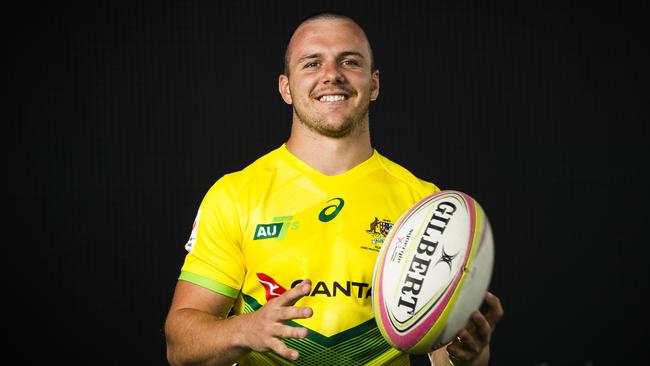
A team who had barely heard of rugby sevens let alone played it, which came and beat a number of Sydney’s top Shute Shute clubs.
“Cultural diversity is something we’ve struggled with, especially Indigenous aspects of life in Rugby Australia and I think Jarryd Hodges did an amazing thing with the First Nations Rugby Team going around Australia introducing rugby to people,” he says.
“But if you look at, the teams that acknowledge each individual’s cultures are the best teams, and I think if Rugby Australia and the Waratahs had more cultural diversity they could go leaps and bounds in less time than they think.
“I think for me that would be a massive platform to be the next indigenous Wallaby, and obviously Andy Murihead is there and hopefully he gets a crack before me and then we can both do it.
“That’s definitely a goal of mine.”
Pietsch will make a difference for the Waratahs in 2022.
But it’s off the field he believes he can make the biggest impact.
“I saw an opportunity to help them a fair bit in terms of cultural awareness,” he says.
“They probably didn’t have the most culturally aware team in terms of having an Indigenous presence or people to educate them and build a team environment as much, and I think I could help them a fair bit.”
If Pietsch can do that, he might just be able to make a difference on the field too.
***********************
Don’t go it alone. Please reach out for help.
Lifeline: 13 11 14 or lifeline.org.au
Beyond Blue: 1300 22 4636 or beyondblue.org.au
Beyond Blue’s coronavirus support service: 1800 512 348 or coronavirus.beyondblue.org.au
Kids Helpline: 1800 55 1800 or kidshelpline.com.au
Headspace: 1800 650 890 or headspace.org.au
Are you anxious? Take the Beyond Blue quiz to see how you’re tracking and whether you could benefit from support




